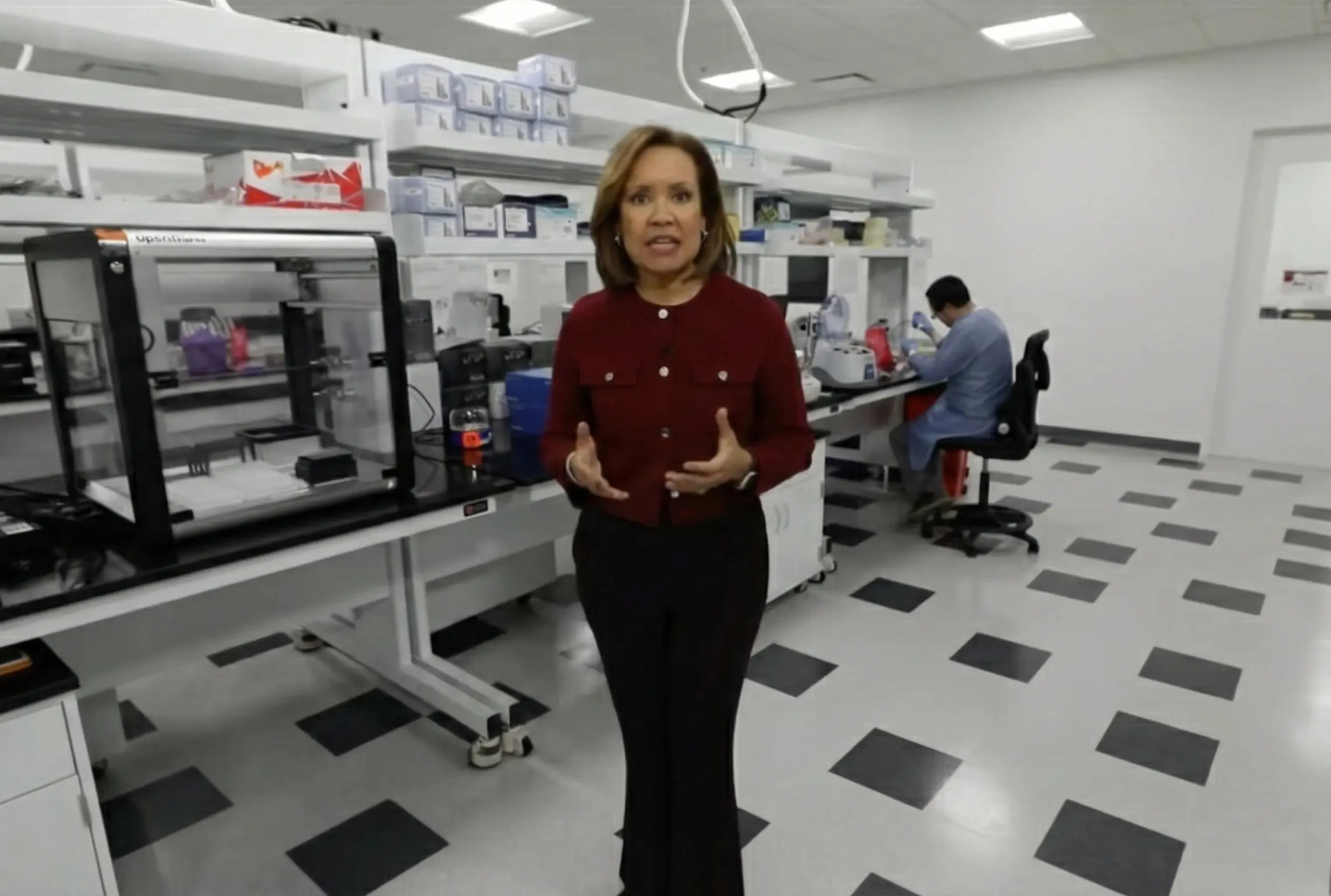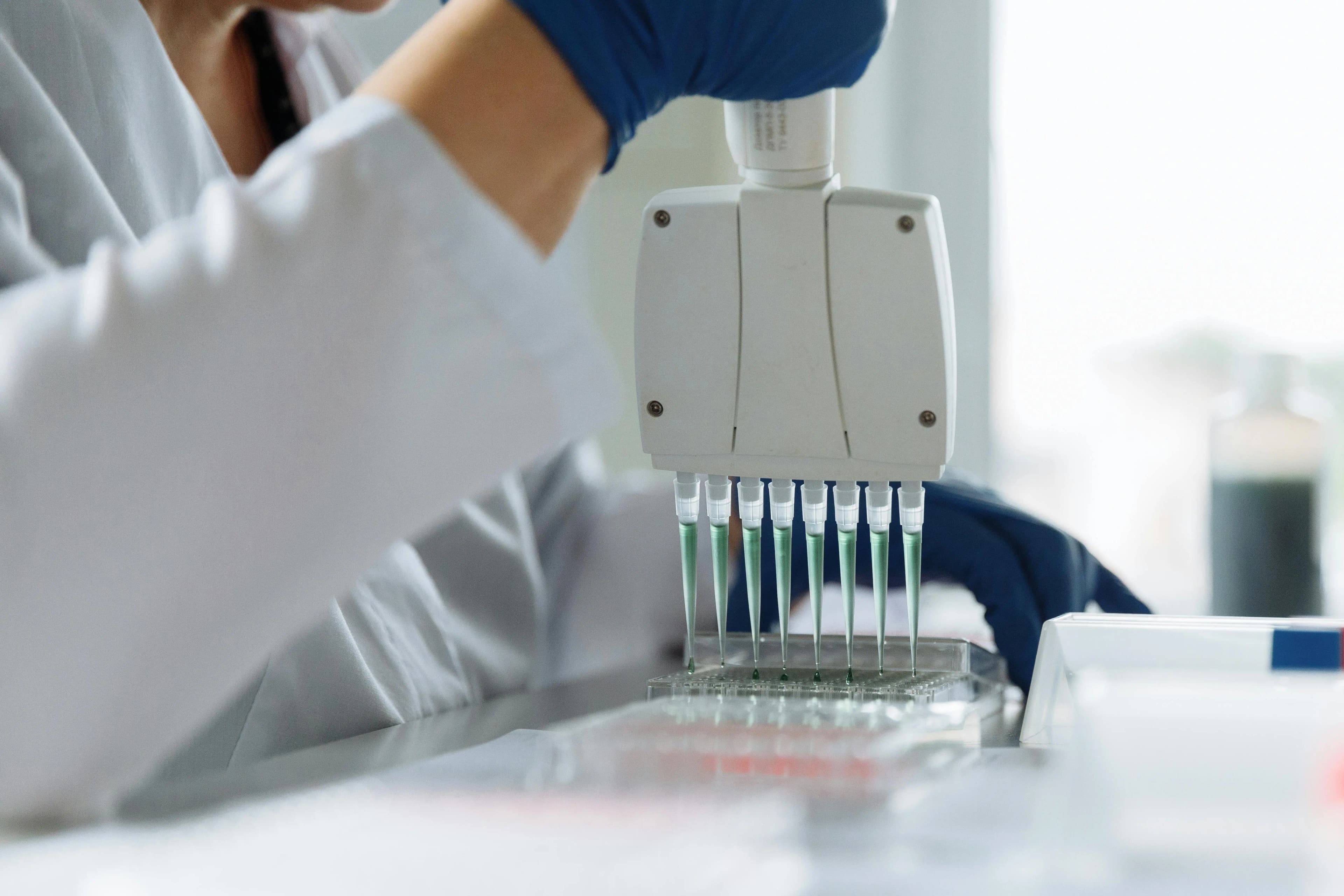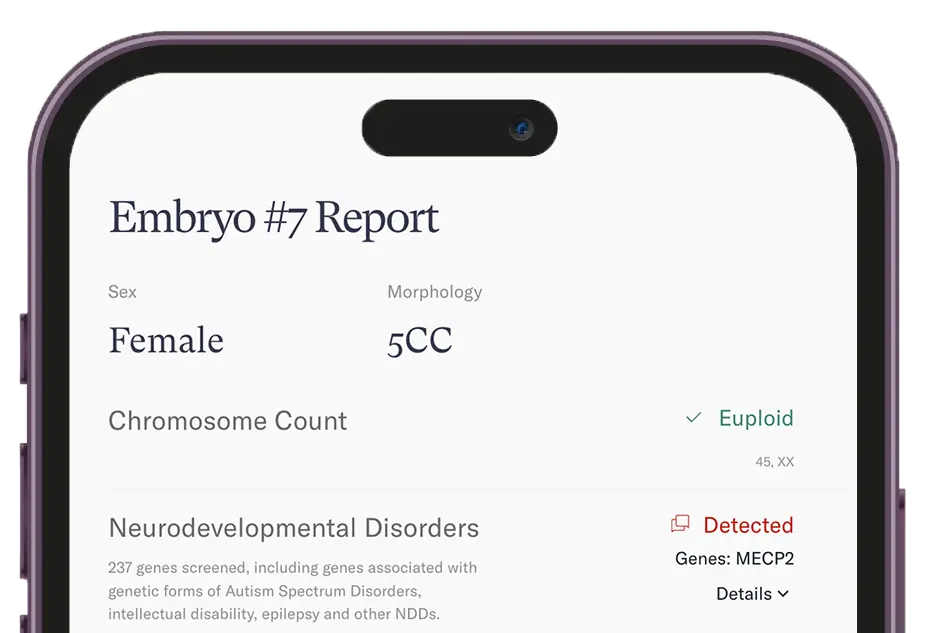Embryo Report
Advanced genetic screen for your embryos. Prevent your child from inheriting a predisposition to a condition that runs in your family.
Couple Report
Our preconception test measures your future child's genetic predisposition to disease. Mitigate your risk.
For Patients
Have healthy babies
Mitigate more risks with the world's most advanced whole genome screening for embryos during IVF.
Screen your embryos for thousands of diseases
Neurodevelopmental Delay
Celiac Disease
Breast Cancer
Prostate Cancer
Heart Defects
Ovarian Cancer
Neurodevelopmental Delay
Celiac Disease
Breast Cancer
Prostate Cancer
Heart Defects
Ovarian Cancer
Wilms' Tumor
Intellectual Disability
Colorectal Cancer
Vision and Hearing Loss
Melanoma
Thyroid Cancer
Wilms' Tumor
Intellectual Disability
Colorectal Cancer
Vision and Hearing Loss
Melanoma
Thyroid Cancer
Heart Defects
Type I Diabetes
Bladder Cancer
Kidney Disease
Liver Disease
Pancreatic Cancer
Heart Defects
Type I Diabetes
Bladder Cancer
Kidney Disease
Liver Disease
Pancreatic Cancer
Osteoarthritis
Epilepsy
Osteoarthritis
Insulin resistance
Alzheimer's Disease
Autism Spectrum Disorders
Dementia
ALS
Osteoarthritis
Epilepsy
Osteoarthritis
Insulin resistance
Alzheimer's Disease
Autism Spectrum Disorders
Dementia
ALS
Atrial Fibrillation
Inflammatory Bowel Disease
Hypertension
Macular Degeneration
Glaucoma
Atrial Fibrillation
Inflammatory Bowel Disease
Hypertension
Macular Degeneration
Glaucoma
Osteoporosis
Birth Defects
Coronary Artery Disease
Craniofacial Defects
Rheumatoid Arthritis
Osteoporosis
Birth Defects
Coronary Artery Disease
Craniofacial Defects
Rheumatoid Arthritis
Vision and Hearing Loss
Obesity
Coronary Artery Disease
Cystic Fibrosis
Sickle Cell
Vision and Hearing Loss
Obesity
Coronary Artery Disease
Cystic Fibrosis
Sickle Cell
Retinoblastoma
Autistic Spectrum Disorders
Breast Cancer
Prostate Cancer
Celiac Disease
Class III Obesity
Type 1 Diabetes
Type 2 Diabetes
Retinoblastoma
Autistic Spectrum Disorders
Breast Cancer
Prostate Cancer
Celiac Disease
Class III Obesity
Type 1 Diabetes
Type 2 Diabetes
Bipolar Disorder
Schizophrenia
Atrial Fibrillation
Coronary Artery Disease
Breast Cancer
Prostate Cancer
Celiac Disease
Bipolar Disorder
Schizophrenia
Atrial Fibrillation
Coronary Artery Disease
Breast Cancer
Prostate Cancer
Celiac Disease

See your results in your embryo report

Neurodevelopmental Disorders
Not Detected
Hereditary Cancers
Not Detected
Birth Defects
Not Detected
Atrial Fibrillation
Normal Risk
Bipolar Disorder
Elevated Risk
The difference is more data
>0%
<0.0%
Orchid Genomic Coverage
Alternatives Genomic Coverage
Orchid sequences over 99%* of an embryo's DNA, while alternatives sequence less than 1%. With much more data, more risks can be identified.
Breakthrough science, in our own labs
CAP & CLIA Certified


The first clinical validation of whole-genome screening on standard trophectoderm biopsies of preimplantation.
Expanding the horizons of embryo screening: performance and case studies of preimplantation genetic testing via whole genome sequencing.
High-Fidelity Embryo Genome Sequencing: Concordance with Live Born Children.
What's included in the embryo report
See full gene listMonogenic Screening
200+ Neurodevelopmental Disorders
Intellectual disability
Autism spectrum disorders
Global developmental delay
Epilepsy
900+ Birth Defects & Pediatric Conditions
Heart, skeletal, cranial defects
Neuromuscular disorders
Vision and hearing loss
Retinoblastoma
90+ Pediatric & Adult Onset Cancers
Breast Cancer
Prostate Cancer
Pancreatic Cancer
Retinoblastoma
Ovarian Cancer
Colorectal Cancer
Wilms' tumor
Chromosomal Abnormalities
Deeper and more detailed analysis of chromosomes. Finds smaller issues missed by traditional chromosome screening.
Whole chromosomes
Microduplications/Deletions
Molar Pregnancies
Genetic Risk Scores
See how much risk reduction is
possible for your family
Alzheimer's disease
Atrial fibrillation
Bipolar disorder
Breast cancer
Celiac disease
Class III obesity
Childhood asthma
Endometriosis
Hypertension
Coronary artery disease
Inflammatory bowel disease
Prostate cancer
Schizophrenia
Type I diabetes
Type II diabetes
Multiple sclerosis
Psoriasis
Rheumatoid arthritis
How it works

1
Pre-Screening
Before testing begins, you'll meet with a board-certified genetic counselor who will review Orchid's whole genome embryo screening options and ensure the testing plan is tailored to your needs.

2
Sequencing
Your IVF doctor orders Orchid on your behalf. An embryologist then sends our lab ~5 cells from the placenta side of each embryo — the same amount of material typically used for standard PGT testing.

3
Reporting
Our scientific team analyzes the genetic data and prepares a clear, comprehensive report based on the information requested for each embryo in your cycle.

4
Expert Review
After results are ready, you’ll meet with a board-certified genetic counselor who will walk you through the findings, explain embryo-specific risks, and answer any questions you may have.
Detect more risks
Whole genome screening mitigates risk for many genetic diseases other tests miss. Orchid combines all the results from PGT-A, PGT-M, PGT-SR, PGT-P and more in a single report.
Orchid
PGT-A
PGT-M
PGT-P
Detect extra or missing chromosomes
Detect one gene that causes one condition
Detect genetic predispositions (genetic risk scores)
Detect neurodevelopmental disorders (monogenic)
Detect pediatric and adult onset cancers (monogenic)
Detect birth defects (monogenic)
Distinguish euploid from balanced carriers (PGT-SR only)
* Percentage is based on validation studies using genomic regions of National Institute of Standards and Technology GIAB samples

Take the first step towards having healthy kids.
Free Guide
Download our complete guide
to embryo genetic screening
Talk to Us
Speak with a caring specialist
about your unique situation
See all Resources
For general inquiries, contact genetics@orchidhealth.com
Have healthy babies.
© 2026 Orchid








